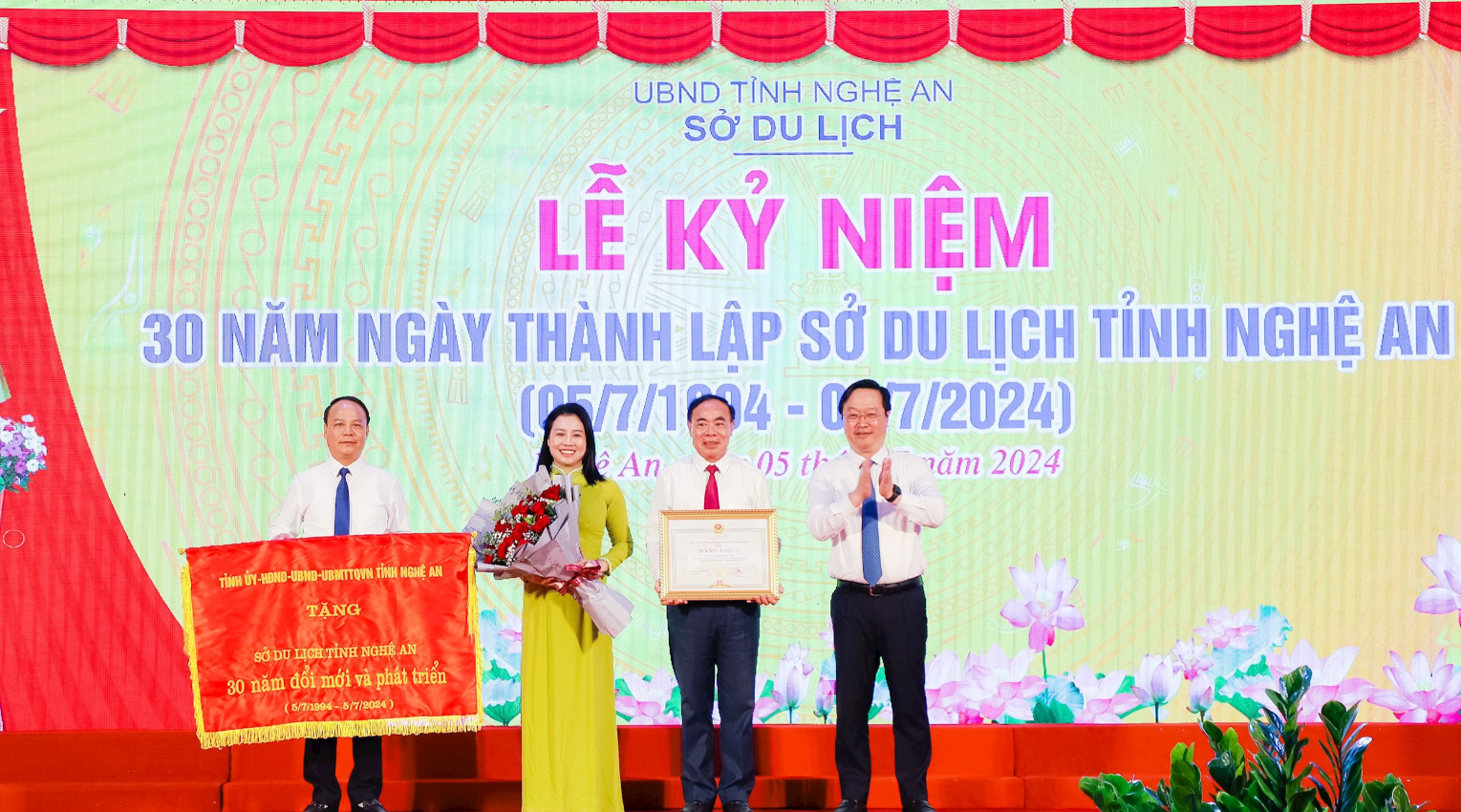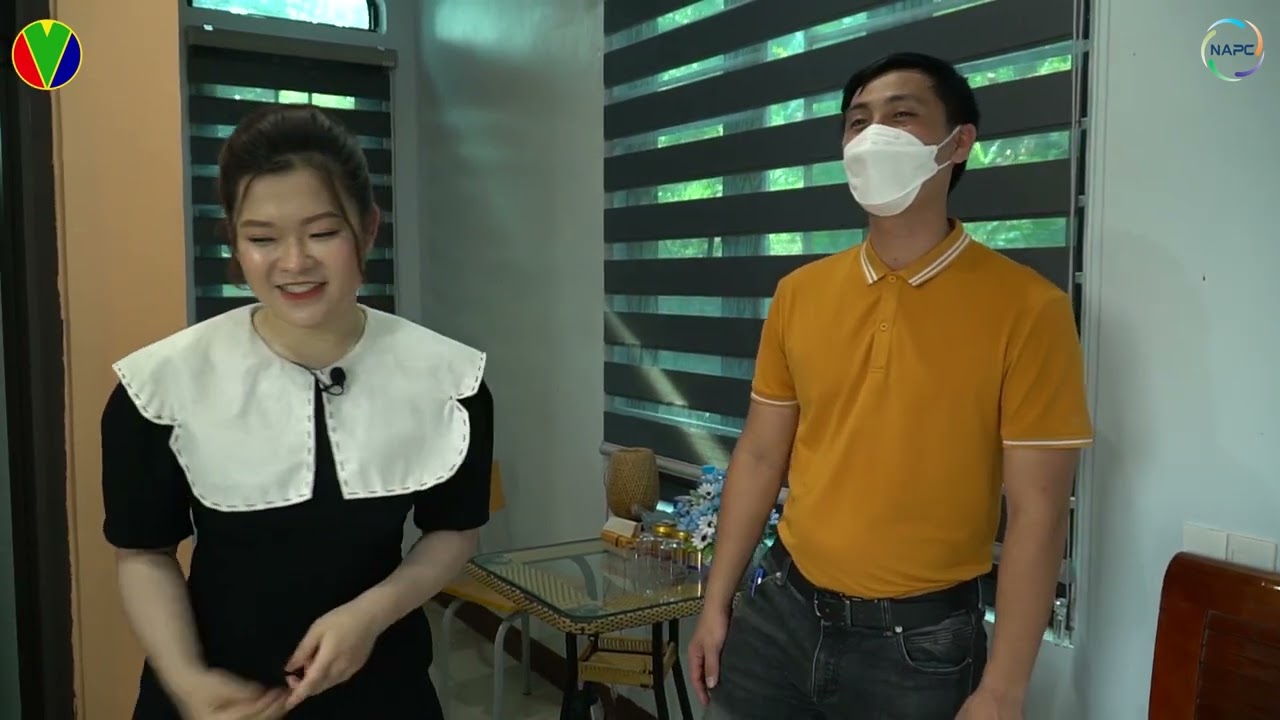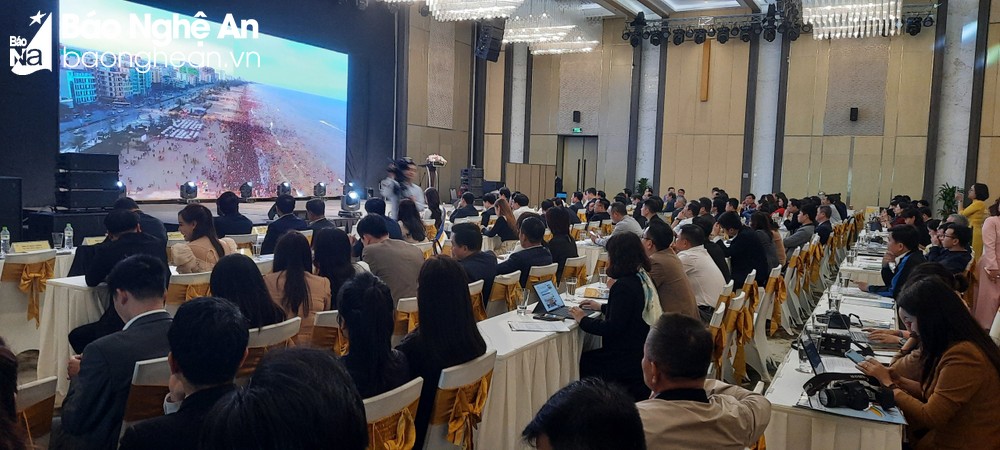In Vietnam, the "vacation ownership" model has been around for several years and is not a new concept. At some point, this resort model has attracted the attention of the public, even being mentioned as a solution to stimulate tourism demand in the post-Covid-19 period. Consumers are introduced to the more than half-century history of this model worldwide, thousands of holiday exchange points at many 5* hotel systems.

In addition to the expected benefits to consumers, over the past time, the market has witnessed many reflections on the fact that customers who have participated in a vacation sharing contract do not enjoy the same benefits as the supplier. promised service or advertised. To better understand this model, the National Competition Commission provides more information for people to consult and research before deciding to participate:
Firstly, in order to provide this type, the "vacation-owning" seller can own (available or formed in the future) or not own the resort, hotel... Even in the case of the other party. Selling ownership of a resort, hotel.., holiday ownership by the buyer is not synonymous with real estate ownership, and a vacation ownership contract is a service contract, not a sales contract. real estate. For the product offering units that do not own the project/hotel.., they are the distributor and seller of accommodation products on the basis of a contract to use the partner's hotels or hotel system.
Secondly, for the type of seller who invests in building a resort project to provide accommodation services, the actual vacation only takes place when the seller completes and puts the project into official operation. This means that at the time of signing the contract, it is possible that apartments, hotels, etc. to stay have not yet formed. For the type of seller without a project, hotel, etc., the supply of products to the buyer depends on the contract to use third-party hotels or hotel systems by the seller. signing / cooperation. That is, the future performance of the contract may be broken if the distributor of the product has a problem from the partner's side or even withdraws or disappears. Therefore, product buyers need to be aware of these risks to consider before deciding to sign a contract.
Third, almost all purchase and sale contracts of holiday ownership today are long-term contracts and customers have to pay large amounts of money in advance. Therefore, participants need to analyze and clearly assess the risks or the actual service usage rate.
Fourth, in addition to risks from external factors (such as the seller's failure to comply with the committed contract), many current reflections show that the actual product is not as advertised. Not only does it not stop at providing services that are not as "expected" by the buyer, transactions by a written contract also contain risks from unilateral benefit protection provisions for service providers.
Accordingly, to avoid unwanted adverse situations, the National Competition Commission recommends consumers:
1. Before deciding to participate in the product introduction event, it is necessary to find out information about the type of products and services introduced at the event as well as the supplier through the media or through friends, relatives who attended the event or used the product; pre-determine issues that need to be concerned about benefits and risks to proactively ask for more answers.
2. Before making a decision, it is necessary to request a full set of contracts and carefully study them, especially in the following matters:
- Clearly define the needs of yourself and your family over a long period of time.
- Compare the information advertised, offered for sale or "oral commitment" of the business with the terms officially stipulated in the draft contract. Especially when there is inconsistency between the information offered for sale and the contract or there are unclear provisions and terms in the contract, consumers need to ask the enterprise to explain, clarify and amend and supplement. . For example: description of the service provided, terms of rights and obligations of the customer, of the business; terms of contract value and types of costs; contract termination clause; provisions on handling violations…;
- Clearly define all expenses to be paid during the contract period. Most of the current vacation ownership contracts are long-term contracts and besides the fixed fee at the beginning, consumers will also have to pay many other fees incurred during implementation such as: maintenance fee / annual fee / management fee / operation fee / fee for exercising the right to exchange resort locations... These costs may only be specified in the contract (not included in the information) advertising, offer for sale) and may not be clearly specified;
- Conditions and restrictions for the buyer in the enjoyment and transfer of the resort right, for example: the time when the right to exercise is started, whether this service can be transferred to another person, if any how long after signing the contract or using the service, are there any conditions attached...;
- Unfavorable terms in the contract, for example: restricting the buyer's right to complain or sue; not allow consumers to cancel the contract; sanctions for handling violations unfairly between the two parties; cases where the service provider is exempt from liability such as not being licensed by the state agency to build (for the type of project/hotel) or the third party does not continue to cooperate (for the type without project/hotel)...
In 2022, on the basis of receiving a number of consumer complaints, the Department of Competition and Consumer Protection (now the National Competition Commission) conducted an inspection on the observance of the law on consumer protection. consumer rights for Thien Duong Bay Resort Co., Ltd (Company) and issued Decision No. 300/QD-XPVPHC dated December 28, 2022 sanctioning administrative violations against the Company for two acts: (i) providing incomplete and inaccurate information to consumers and (ii) using model contracts, general trading conditions with smaller font sizes than prescribed. Up to now, the Company is still in the process of implementing a remedial measure: "forcing information correction for the act of providing incomplete and inaccurate information to consumers".
The National Competition Commission informs and recommends that people pay attention and study carefully before entering into a contract for this type of service.
Source: Sample Contract Control Board, General Trading Conditions https://www.vcca.gov.vn/National Competition Commission – Ministry of Industry and Trade



















